Body & Soul
Hotel Review: Raffles Bali
Words & Photographs by Angela Terrell
Lying in The Sanctuary (an open-walled, private treatment suite cantilevered over an oasis of green), aware only of my therapist’s soothing movements and the orchestra of birdsong echoing from the valley below, I felt remarkably ‘well’. But this came as little surprise, given that wellness is at the heart of Raffles Bali, with everything - from the architecture and cuisine, to the curated spa treatments - designed to nurture the spirit, encourage emotional reconnection and restore balance.
Mere minutes from Jimbaran’s markets and beach, Raffles Bali is a tree and butterfly-filled haven – a tour with the on-site Botanical Guru revealing gardens where almost everything blooming has some health benefit. Spread over 23 hectares, the resort flows down the hillside towards Jimbaran Bay, and its restaurants, Writer’s Bar and 32 private villas enjoy panoramic views of azure water and majestic Mount Agung. Basking in such a vista, I understood why the Balinese believe that places where both the mountains and sea are visible carry a unique energy.
The beauty continues inside the nature-encased villas. Centre stage is a cloud-like bed and sitting area ideal for sipping and reading, while glass doors open to an infinity pool and shady cabana you’ll have no desire to leave. And if that isn’t enough, a butler is on hand to deliver wellness juices, nutrient-packed rosella pandan tea and calming pillow mists – although it’s difficult to imagine sleep eluding you in such tranquil surroundings.
Dining here is equally spectacular. Everything is remarkably fresh (fishermen send the chefs photos of their daily catch), and dishes arrive looking like art on a plate. The degustation dinner at Rumari takes you across the Indonesian archipelago (ingredients hail from Java to West Sumatra), while the Secret Cave experience transports you to a candlelit, ivy-draped world.
We often forget we need nurturing, but a sojourn at Raffles Bali ensures that mind, body and spirit are equally cared for – which proved true, once again, during a chakra treatment on my final day. Amazed by the healer’s knowing assessment and ability to read my body, I was cleared of ‘bad energy’ in a Reiki healing, and left the session feeling profoundly serene and understood – the ultimate parting gift.
This story originally appeared in our Islands Magazine.
Coffee Break
An introduction to Indonesian coffee.
Words & Photography by Chiara Dalla Rosa
When I travel, it’s all about local produce and traditional dishes - so my journey to Bali was always going to centre on Indonesian flavours and aromas. My main focus though, was a coffee called kopi luwak, produced using partially digested coffee cherries, which have been eaten by the Asian palm civet. To the uninitiated, it may sound a little dubious … yet ask anyone in the know and they’ll swear is tastes amazing.
Travel has taught me that the best way to have an authentic experience is to strike up a conversation with locals, so I kept my Balinese planning to a minimum and waited to see where the trip would take me …
The waiting was definitely worth it. On my second day on the island, I decide to hire a driver for a short day trip to Tanah Lot temple in Tabanan. My driver’s name is Wayan, a tall man from Kuta, not far from the capital Denpasar. After I wax lyrical about my interest in Indonesia’s coffee culture, he tells me about Sari Uma Agrotourism, a beautiful coffee plantation surrounded by rice fields. We adjust our journey accordingly.
As soon as we arrive, we’re greeted by a young man with an infectious smile. His name is Ngurah Bob and he leads me around the plantation while describing the varieties of coffee and teas they cultivate. We pass shrines, meet a cat-like Asian civet, and arrive intro the man courtyard where I’m offered a tray of coffees, tea and - most importantly - a cup of dark luwak coffee. I make my way through the offerings, which are largely sweet and rich in flavour. My favourites are the turmeric tea and coconut coffee. And then I turn to the luwak. My first sip is a little cautious, but I’m immediately enamoured. Because the beans are processed through the Asian civet’s intestines and then roasted, the coffee tastes sweeter and smoother, as their digestive enzymes remove some of the bean’s acidity.
Content, my attention turns to the setting. I’m surrounded by striking green rice fields. It has been raining and peal-like droplets still cling to the plants. It’s humid, and I can feel the air thick on my skin. The grey sky cloaks the landscape. It all seems a little surreal, as if what is in front of me is too stunning to be entirely real.
A few days later, a friend joins me in Bali. As soon as I tell her about my experience at Sari Uma Agrotourism, we decide to visit another plantation on our way to Ubud in the north of the island. This one is found in a wilder setting. Palm fronds stretch into the blue sky and the rainforest provides welcome shade. An old lady grinds coffee in a big mortar, while another shows us how they roast coffee beans at a high temperature. The aromas are incredible: coffee mixed with burning wood and pungent spices.
We sit ourselves at a table in the kitchen and try a colourful assortment of teas and coffees, while watching a couple pose for photos on a two-seater swing. In this moment, I’m so grateful to have travelled as I did. I am sat at a table surrounded wilderness, sipping Indonesian coffees with one of my closest friends. We smile at each other and have so much to talk about. I know that this is exactly how I like to enjoy a cuppa.
Distant Shores
Slowing down and seeking nature in Bali - paradise found.
Words & Photographs by Angela Terrell.
I often think the best holidays are the ones you forget, even when you’re still enjoying them. A bit like an amnesiac, days slip by in a fog of absent-mindedness; you can’t quite remember the name of the sites you visited or exactly which way you went to get there, and trying to list everything you did on any particular day becomes an amusing yet challenging dinnertime game.
A recent sojourn in Ubud, approximately an hour from Denpasar in the mountainous folds of Bali’s hinterland, was particularly wonderful, and even though its exactness remains a little hazy, an alternate reality endures, one bursting with a kaleidoscope of colour, sound and fragrance. I’m sure it’s because instead of remembering, I absorbed, allowing my senses to be overwhelmed by both the evocative nature of the beauty and the everyday; the sweet-smelling air, the flower-bedecked shrines, the muddied walls of cloud-reflecting rice paddies, raucous cicadas trilling from bamboo giants, women threshing grasses and their generous smiles as we passed by, centuries-old rock-hewn steps leading to temples devoured by forest, the smell of freshly ground coffee, the spicy aromas, the piquancy of mie goreng noodles.
Being a photographer I’m used to looking at the world through a viewfinder; finding the perfect combination of colour, shape and shadow and committing that to memory, but in Ubud, I experienced something else entirely. Here creativity is boundless, culture is respected and there’s a generosity of spirit that sees you bond to and consider what you see. Wander anywhere, and you’re sure to be mesmerised.
Of course, like many destinations, mayhem and quietude exist side by side. Ubud town’s streets are a mass of shops, restaurants, bars and spas, and the brilliant yet overwhelming art market takes pluckiness to navigate, but leave its confines and in minutes you’re able to wander in silence, the Sacred Monkey Forest or the Campuhan Ridge Walk ringed by tangled vines and greenery, perfect examples.
A cycling trip was ideal for discovering what lay further afield, following our leader through tranquil country villages where rice dried on the roadside and families shared meals together, and deftly around rice paddies - a challenging pursuit when pathways were little more than goat tracks. He took us to Pura Tirta Empul where we contemplated both Hindu worshipers and tourists seek purification under fountains flowing with blessed water, and to Gunung Kawi temple nestled by a cascading waterfall, its shrines carved into the rock-face impressive and humbling.
Come to Ubud to recall or not recall. Here there’s no right answer.









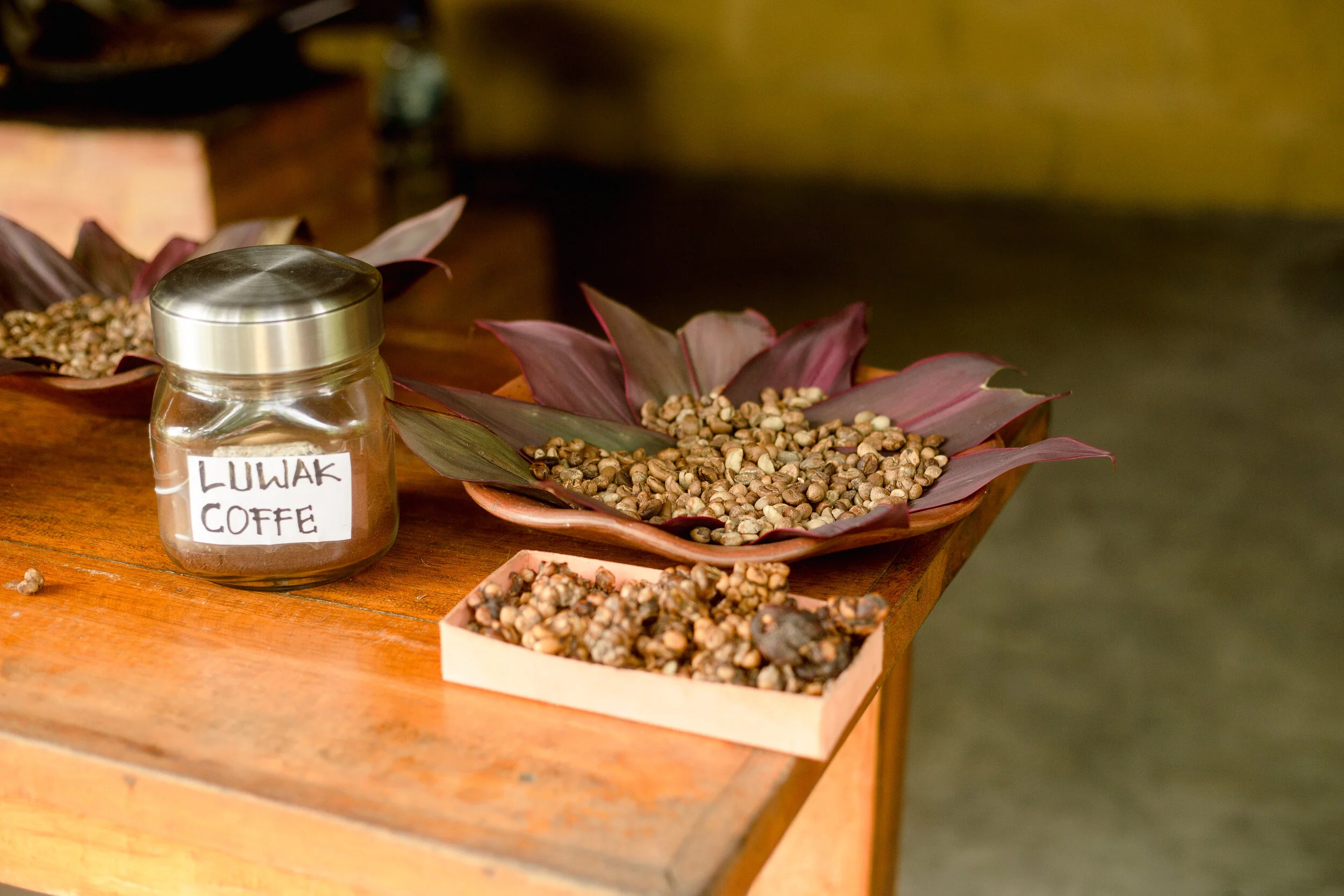











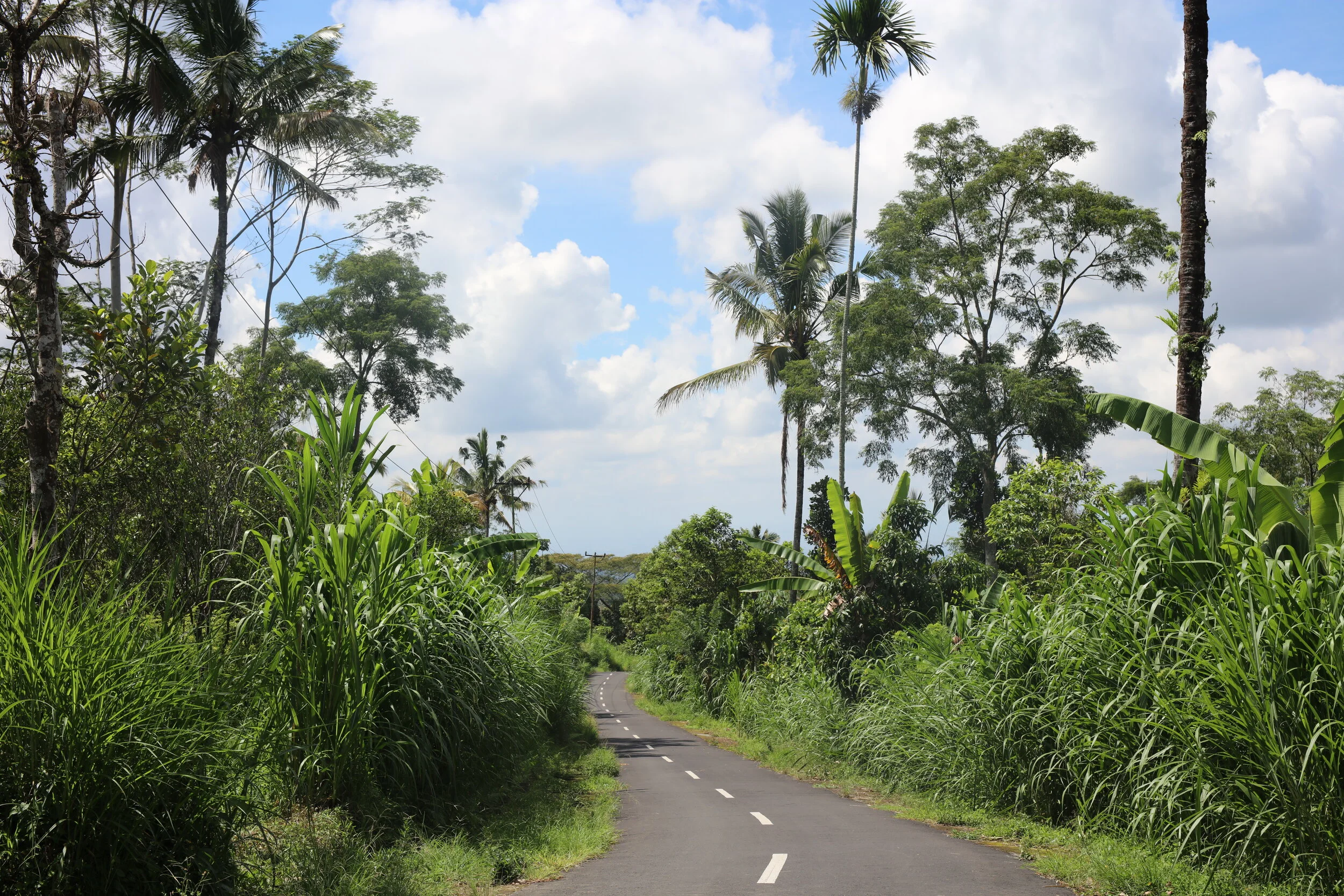



















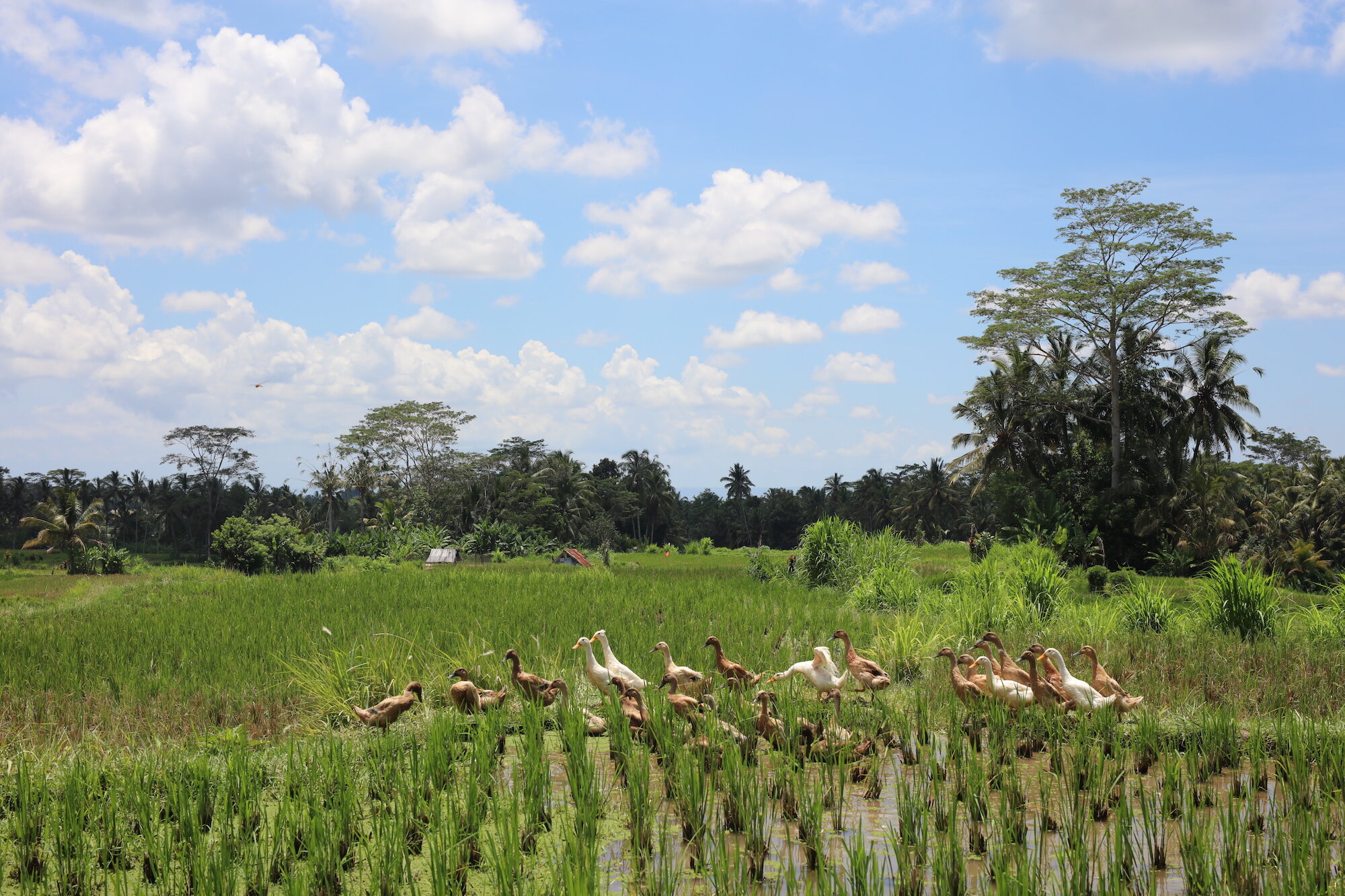
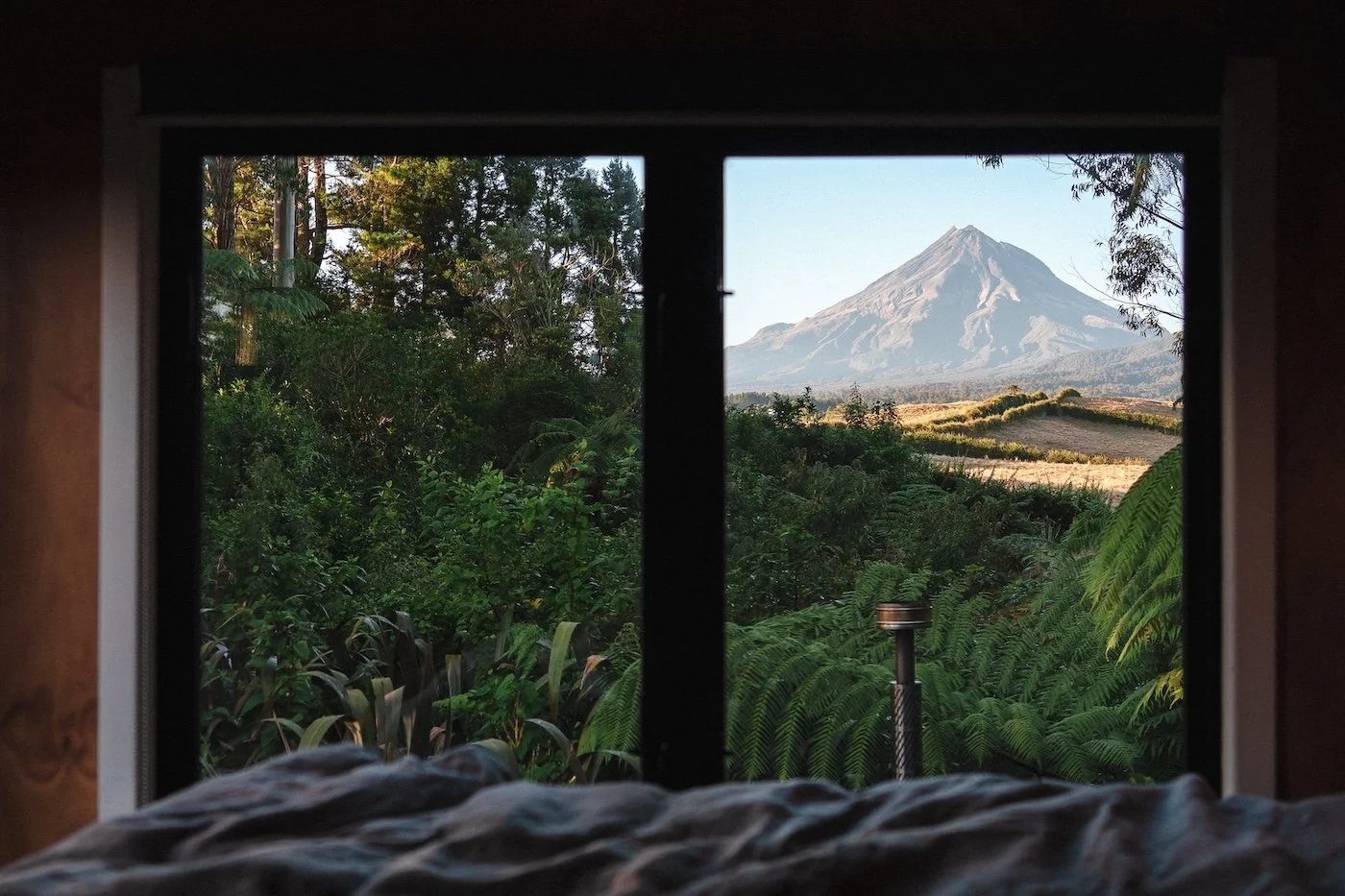
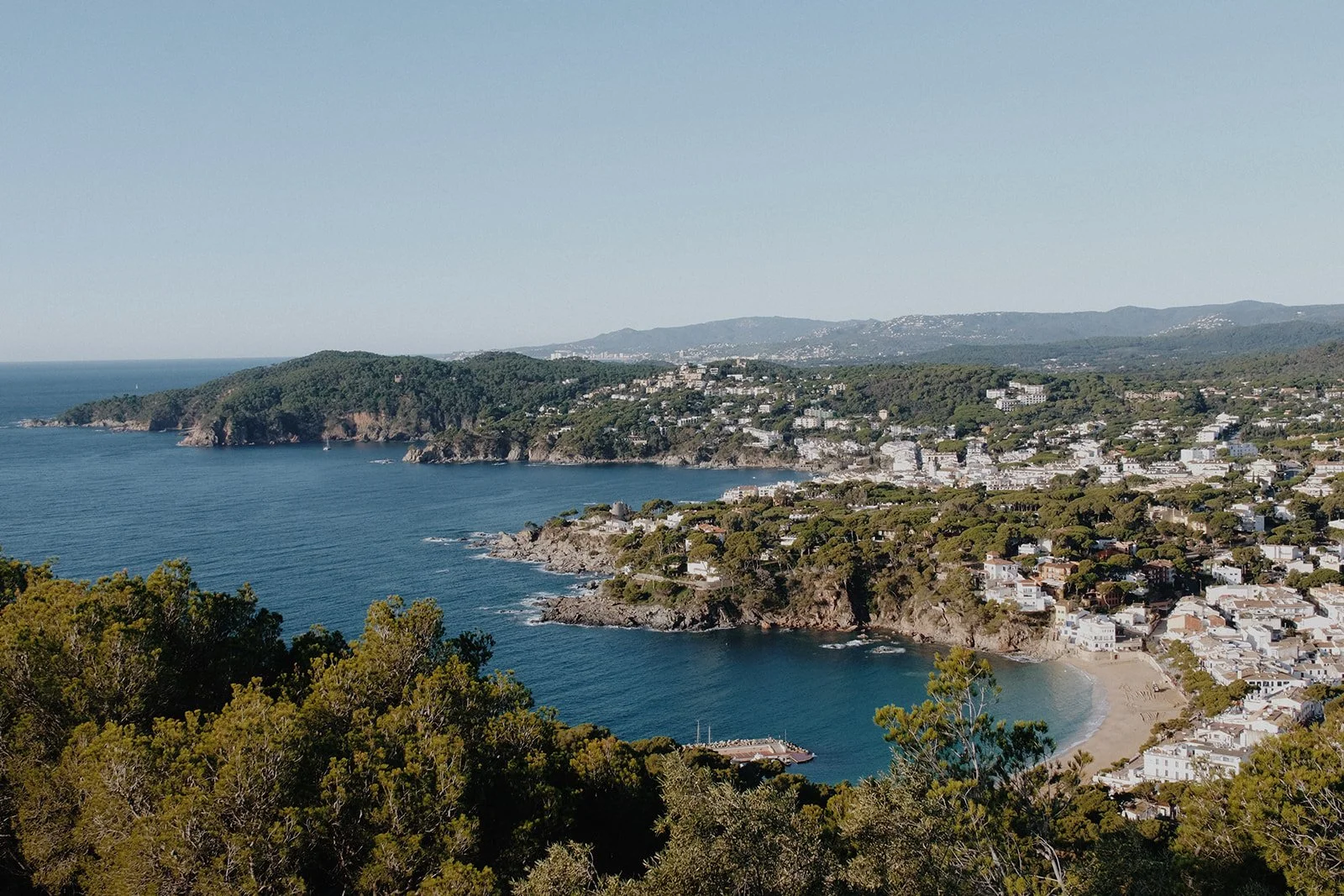
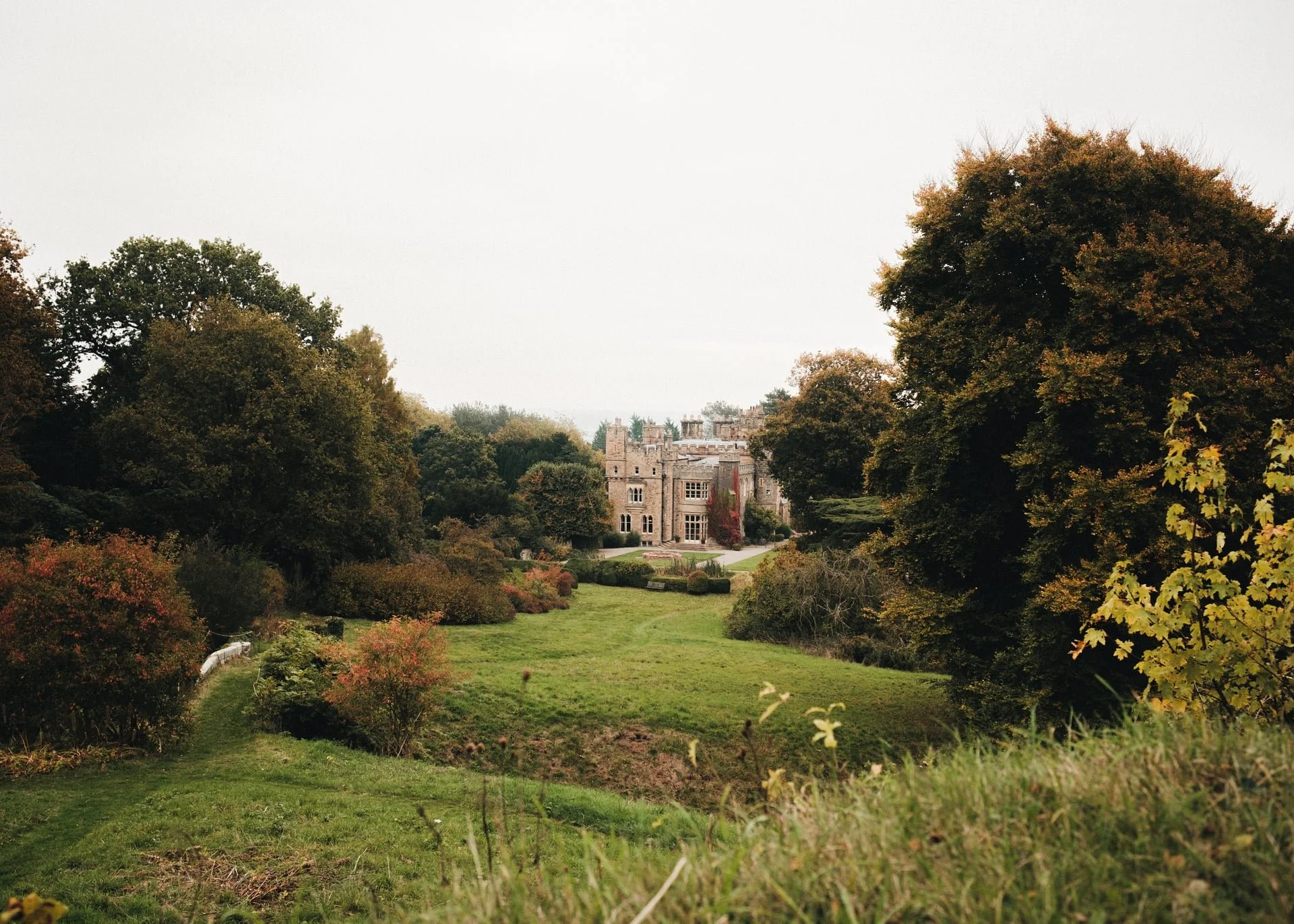


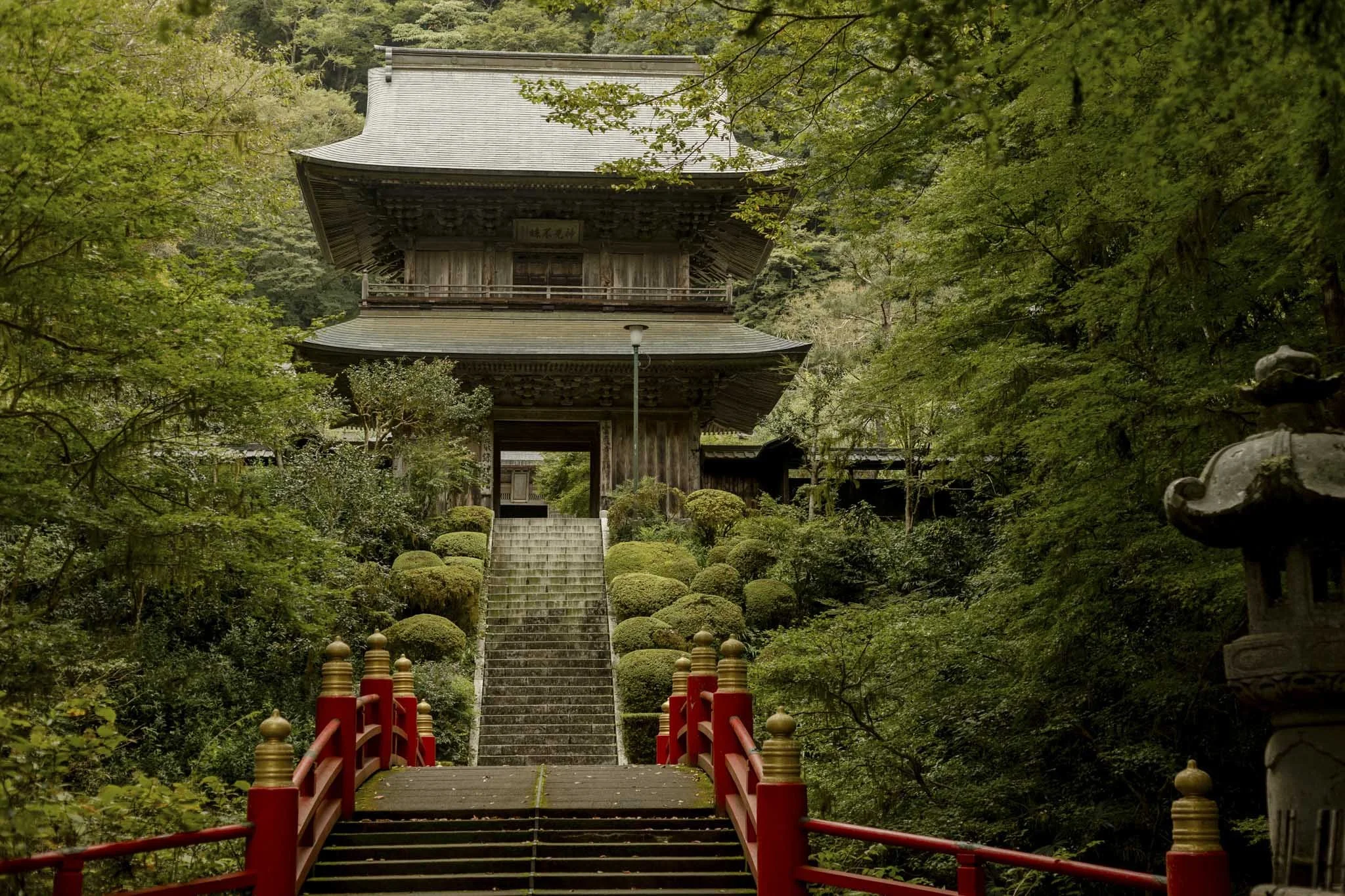









Following one of Australia’s Great Walks - hiking 123 kilometres from Western Australia’s Naturaliste to Leeuwin.